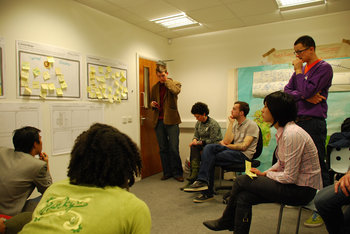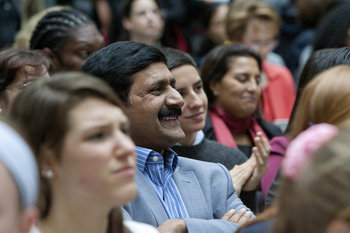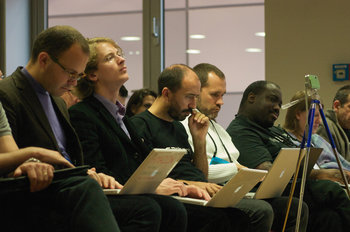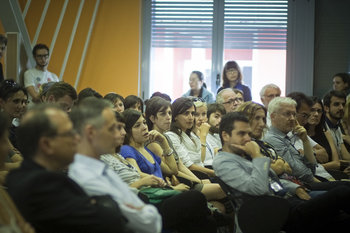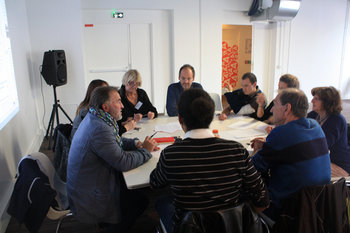
Agreeableness
Customer facing positions may have a culture of friendliness and respect for the customer that requires candidates who are social, caring, patient and trusting.Politeness
A firm may seek candidates who will be polite and respectful to coworkers and customers. This may include elements of local culture such as saving face.Openness
Firms that have a culture of aggressive innovation may seek candidates who are creative and open to change.Conscientiousness
Teams in areas such as accounting and finance may have a culture of diligence such that they require employees who work in a structured, detail-oriented, principled and controlled fashion.Extroversion
Teams in areas such as sales may require outgoing people who can engage customers and influence them. For example, individuals who frequently start conversations and like being the center of attention.Cultural Capital
Cultural capital is the ability to influence members of a culture, super culture or subculture. For example, a team that sells sailboats that mostly recruits accomplished sailors who have interesting stories to tell.Motivation
A team that is passionate about their work may seek individuals who are equally passionate. For example, software developers who are computer science nerds who entered the profession out of a joy for computing may seek similar candidates.Work Ethic
Hard working teams may seek individuals who are accustomed to long hours and high expectations. Alternatively, a team that values work-life balance may seek like-minded individuals.Tolerance for Disagreement
Individuals who can engage people they strongly disagree with in a positive conversation without becoming emotional. A critical capability for a firm that seeks intellectual diversity.Handling Criticism
Employees who can accept criticism, evaluate it and move on without becoming overly emotional. Useful in a high performance culture that expects individuals to improve rapidly.Personal Resilience
A general ability to handle stress and continue without a loss of enthusiasm.Self Direction
The ability to set objectives, manage stakeholders and solve problems without help.Brand Culture
Employees who are engaged in the culture, super culture or subculture served by the firm. For example, a snowboarding firm that requires all staff to have enthusiasm for the sport.Culture Fit vs Discrimination
Culture fit is sometimes used as a euphemism for discrimination based on factors such as age, socioeconomic background or physical appearance. For example, a fashion brand that hires mostly women in their 20s may label an applicant in her 40s as a poor "culture fit".Culture Fit & Friends
Some individuals and teams view work as a social club such that they seek candidates who will enjoy social outings. For example, a manager who often organizes golf trips may seek candidates who can golf. This is typically viewed in a negative light but reflects a common reality. Some managers think of "culture fit" as "people I like."Culture Fit vs Intellectual Diversity
The wrong kind of culture fit can lead to groupthink that stifles creativity. For example, a firm that only hires extroverts may miss out on the creative energies and capabilities of individuals who like to sit quietly and think things through. In some cases, culture fit is focused on creating intellectual diversity such as a firm that seeks individuals with a high tolerance for disagreement.| Overview: Culture Fit | ||
Type | ||
Definition | Hiring criteria designed to select candidates who will embrace an organization's culture. | |
Related Concepts | ||





